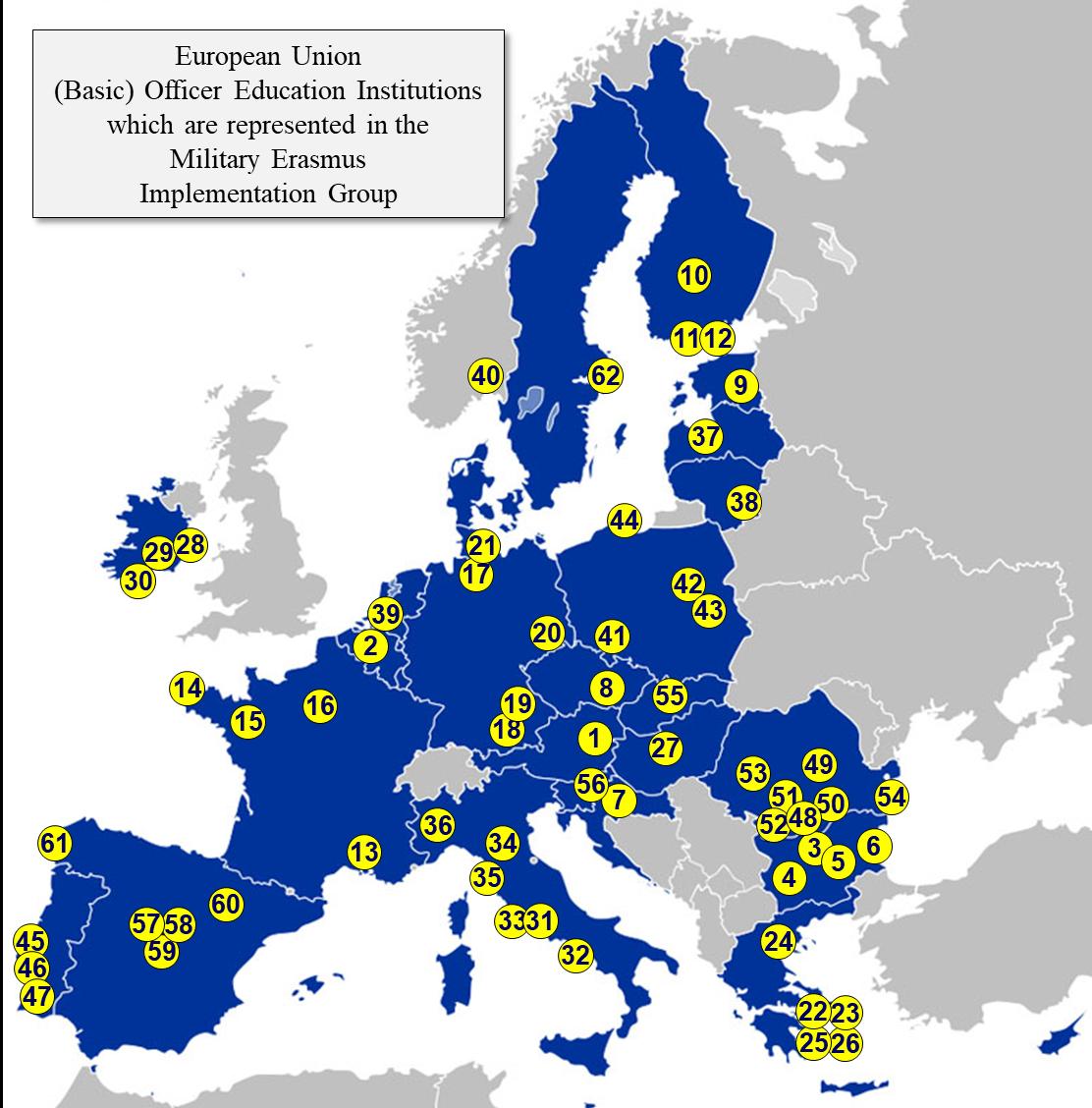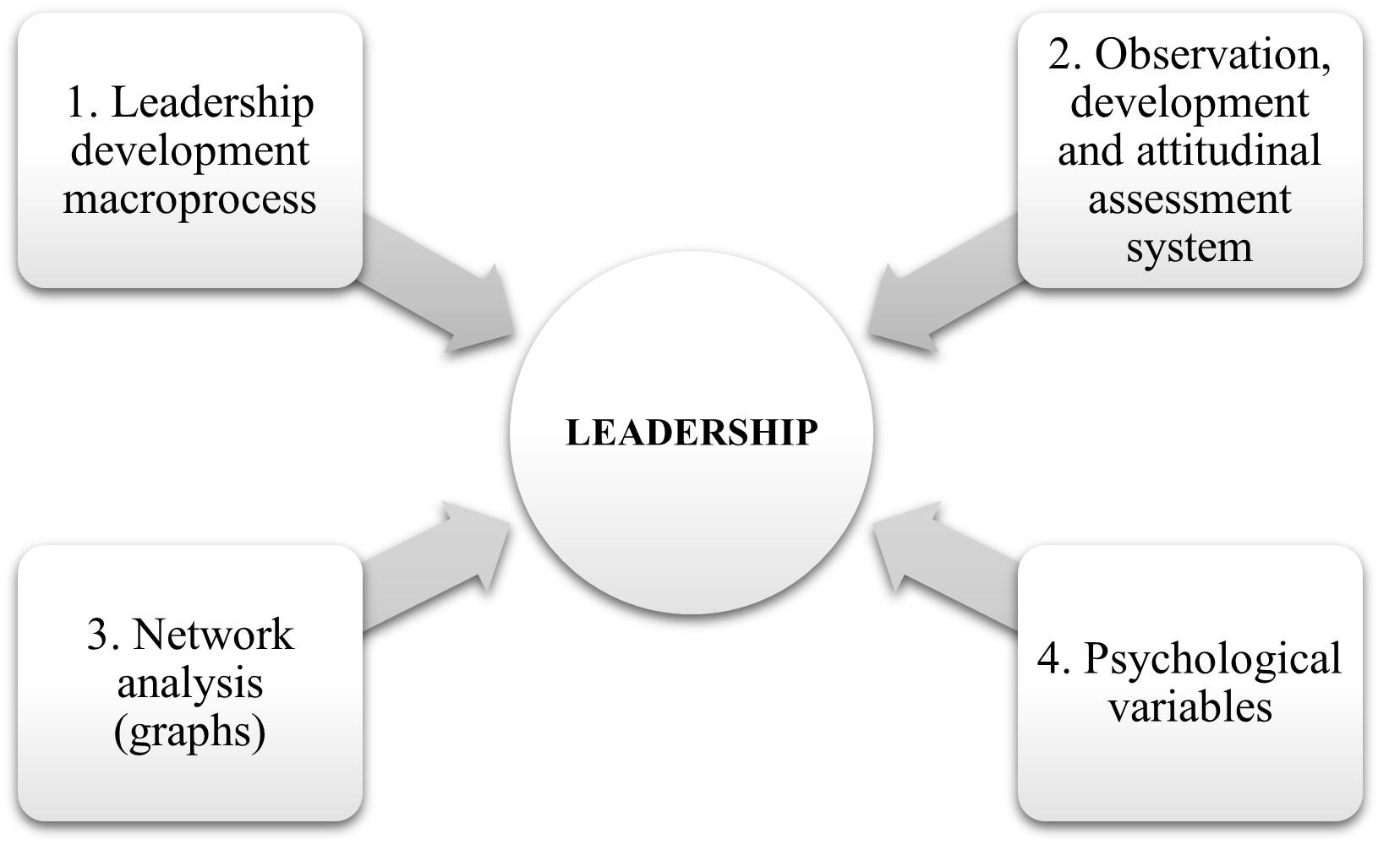Journal of Peace and War Studies, ISOMA Special Edition (October 2021): 31–41
An Approach for a Character Development Strategy for the Center for University Studies Lirim Bllaca, Alisa Ramadani, Ali Haxhimustafa, and Premtim Shaqiri Abstract: To improve the conditions for developing leaders’ character and to provide a better link between its strategic leadership objectives and its curriculum, the Center for University Studies (CUS) is designing its Character Development Strategy (CDS). The CUS commanding staff consider that such as strategy will help CUS personnel at all levels unify the efforts and consolidate the approaches of educating character. Preexisting studies pertinent to the field of character development, the CUS experience and legacy, experiences at other military and defense academies, and the data collected through focus groups will be the main building blocks of the CUS strategy. An unconstrained and holistic approach is intended, trying to consider all relevant variables that affect or are part of the CUS programs. Through this article, we intend to share important findings regarding our efforts to come up with the methodology we will adapt for designing the CUS CDS; however, no findings or outcomes of the actual document are discussed here, as that phase of the project has not occurred yet. The complexity of the project, the intangible nature of the topic, the required comprehensive approach, the number of stakeholders involved, the methodological limitations, and CUS’s peculiar system of education are some of the acknowledged challenges in designing an effective strategy. Keywords: Character; Center for University Studies; Leadership; Kosovo; Strategy; Education.
Introduction The Center for University Studies (CUS) is an institution that educates young officers for the Kosovo Security Force (KSF) and, lately, for the Armed Forces of the Republic of Albania. The CUS maintains a four-year curriculum that contains four programs: Academic, Professional, Physical Training, and Leadership. It was founded in 2005 by two graduates of The Citadel and has adopted many elements from the education provided at that institution, including many of its traditions, rules, and uniforms. A key element that the CUS has adopted from The Citadel is its Fourth-Class System. The Fourth-Class System is a rigorous and high-stress approach to leader development that intends to instill values of Honor, Duty, and Respect in the cadets. In the case of the CUS, this approach has produced disciplined and physically and mentally tough officers. Nonetheless, in recent years, the CUS has established several mechanisms to receive structured feedback from stakeholders, including cadets, instructors, and commanding staff of the CUS, as well as the respective chain of command of the CUS graduates. While the feedback has been largely positive, it has drawn attention to several shortcomings. Some of the most worrisome findings are related to shortcomings in interpersonal skills and ethics, as well as creative and critical thinking. After discussing and analyzing the findings, it has become evident that the CUS needs to undertake a thorough review of its approach to character development. © 2021 John and Mary Frances Patton Peace and War Center, Norwich University ISSN 2641-841X (print), ISSN 2641-8428 (online)











